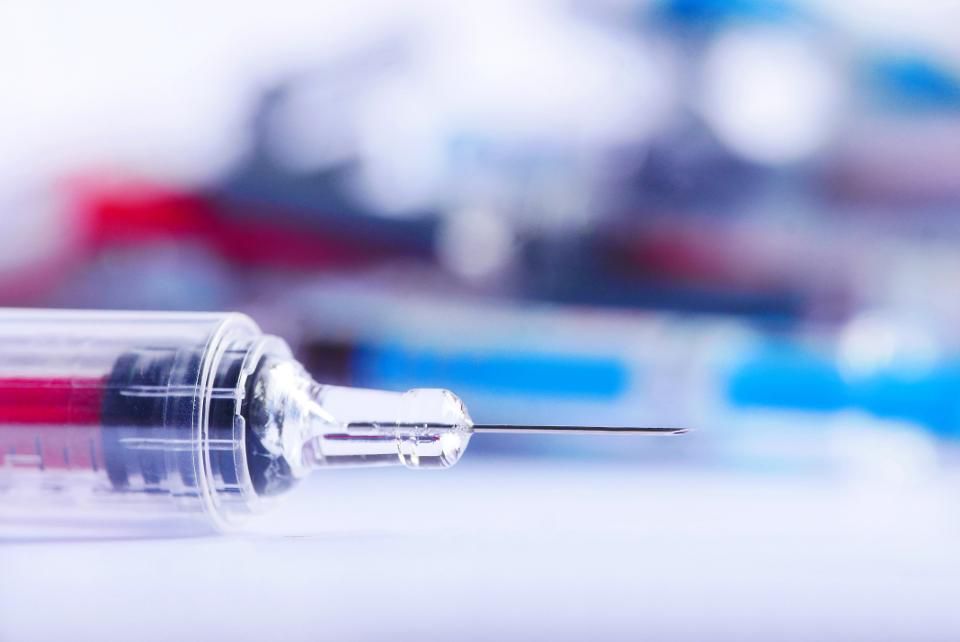
In a recent New York Times article, physician-author Siddhartha Mukherjee wrote about a clinical trial that he characterized as “beautiful,” for potentially illuminating a surprising connection between heart disease and cancer. Mukherjee is a justifiably acclaimed writer, who publishes regularly in The New Yorkerand The New York Times, and who won a Pulitzer for his bestselling book The Emperor of All Maladies. But I wonder whether the demands of popular writing have caused him to hype a treatment that, while promising, is far from proven.
The treatment targets inflammation by inhibiting an interleukin molecule. Researchers conducted a huge clinical trial to see whether the treatment would reduce the kind of inflammation that damages arteries. But Mukherjee didn’t write about the drug because of its ability to prevent heart attacks or strokes. Instead, he was excited about the trial because a secondary analysis of the data showed a “drop in all cancer mortality” and a “stark decrease” in deaths from lung cancer.
Mukherjee knows that secondary analyses like this need to be viewed with caution. Measure enough outcomes in a clinical trial, and the statistics of chance predict that the intervention will falsely appear to reduce some kind of medical problem or other. He even acknowledges that this cancer finding needs to be replicated. However, he isn’t content to urge readers to remain in a state of scientific caution, proclaiming that “if the benefit holds up in future trials, interleukin-1-beta inhibition could eventually rank among the most effective prevention strategies in the recent history of cancer.”
Holy moly, that’s a misleading sentence!
(To read the rest of this article, please visit Forbes.)
